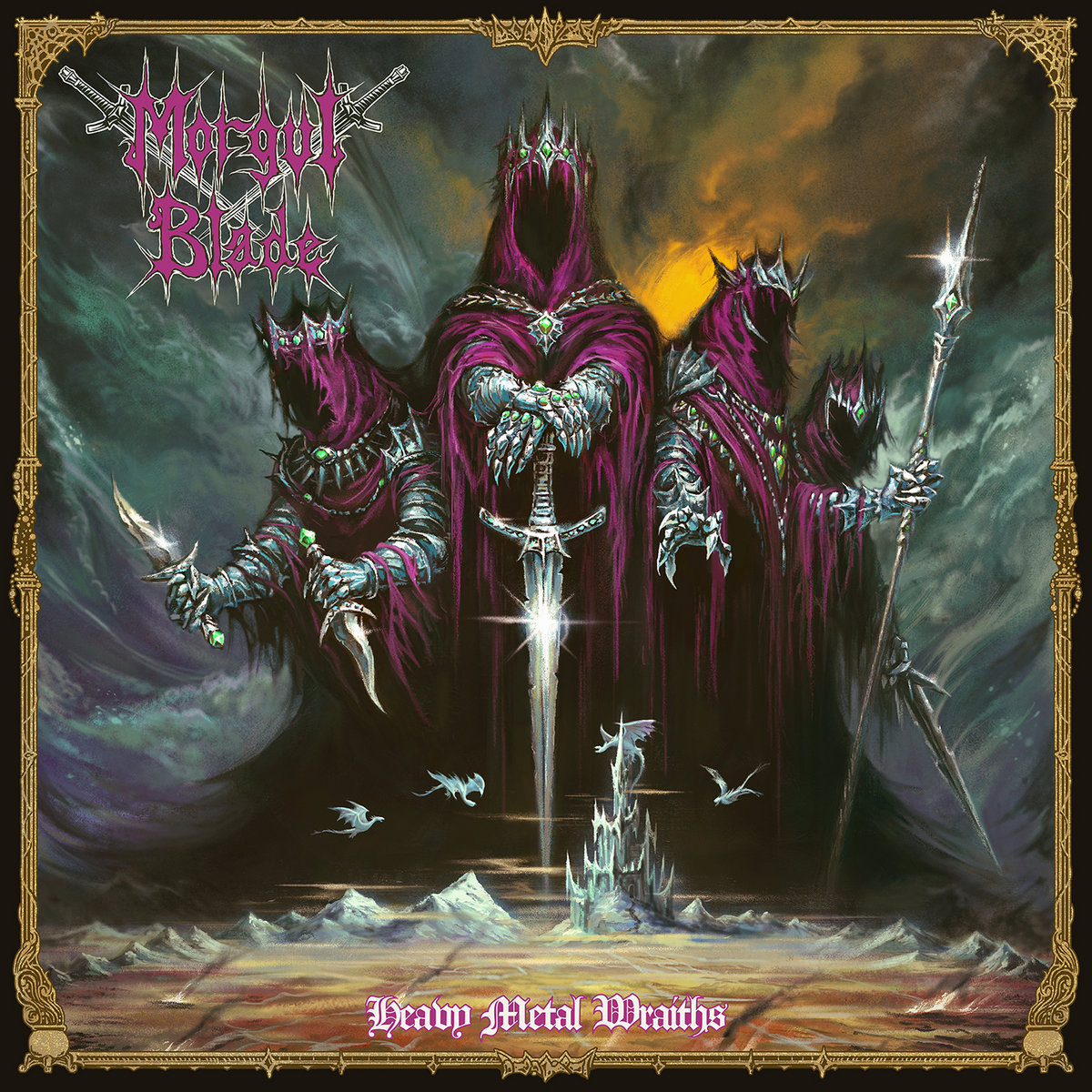LCD Soundsystem
LCD Soundsystem
LCD Soundsystem
[5] James Murphy played drums in ’90s alt-rockers Pony, did sound for Six Finger Satellite, and eventually became so loathsome of the indie scene’s smug elitism, he immersed himself in dance music, producing bands with foil Tim Goldsworthy as the DFA. Under the banner of LCD Soundsystem, Murphy and über-mixer Andy Wallace have created an album that will survive the fleeting tastes of cosmopolitan hipsters who are “so completely over” electroclash and Interpol. Sure, “Daft Punk Is Playing At My House” takes hardcore’s basement-show culture and applies it to the technocrat citizenry; “Thrills” owes much to the Normal’s groundbreaking “Warm Leatherette”; and “Too Much Love” is an icy electro-disco percolation that’d fit seamlessly into a DJ set featuring tracks from Madonna and Ze Records maven Cristina. But tracks like the lo-fi garage burner “Movemen” and carefully arranged bits such as “Great Release” and “Never As Tired As When I’m Waking Up” (think John Lennon fronting Dark Side of The Moon-era Pink Floyd) provide ample evidence that Murphy is far more than a dance-club wiseguy who’s too clever by half. Just wait: In two records’ time, Murphy will be as respected as the Sugar Hill Gang, Brian Eno and Suicide. And if not, well, it doesn’t matter, because you won’t remember this review to call me on it, anyway. So shut up and dance. (DFA/Capitol)
IN-STORE SESSION with LCDemon James Murphy
What are the last three records you listened to today?
The Arcade Fire album is on my iPod. Pylon’s Chomp… I listened to a test pressing of my 12-inch today, but that doesn’t count.
You’ve said that by the mid- to late ’90s, you were completely over indie rock. What was your point of contention?
By then, [the scene] didn’t seem particularly inspired. It got formulaic: “Are you part of the Chicago sound?” I think there was a lot of naïveté on my part, and it wore me out. The bands got jockier, the people got stupider, and there were more labels designed to develop more bands for the majors. And the music wasn’t personal or sharing anything; it was all clique-y and elitist. It was to music what tongue piercings are to punk rock: a meaningless accoutrement to try and align yourself with some predetermined tedious thing. Whereas the original goal was to do something interesting.
While the dance element looms big on the disc, there are quieter things like the Pink Floyd-ian “Never As Tired As When I’m Waking Up” and the Eno tribute “Great Release.” Out of any track on the album, which one would your closest confidants say is definitively you?
[Pauses.] I really don’t know. That’s a hard one. On instinct, you could go with one of the songs you just mentioned, because they are more intimate, but that’s a myth carried along by gentle music. Wow, you got me. I could make up an answer, but I’d rather not.
Critics have used the term “punk-funk” to describe everything the Contortions, the Red Hot Chili Peppers, Daft Punk and the late Rick James ever did. Now they’ve added LCD to the list. Does that term really apply to what LCD does?
Sure! Why not? The music that I liked in different parts of my life sounded totally different to me, depending on where I was. When [the DFA] came out with [the Rapture’s] “House Of Jealous Lovers”-and everything that followed it-it burned a hole in people’s brains that it was “punk-funk” instead of “punk disco.” I think it’s a fine term that’s relevant, but it doesn’t enter my brain when I’m making things.
I can’t play a note. Can I make a successful dance record?
You can make a record that is popular for a short time that everyone will forget about quickly.
Do you want to produce?
No, because then I’ll have to do everything. –Jason Pettigrew







